Published
- 03:00 am
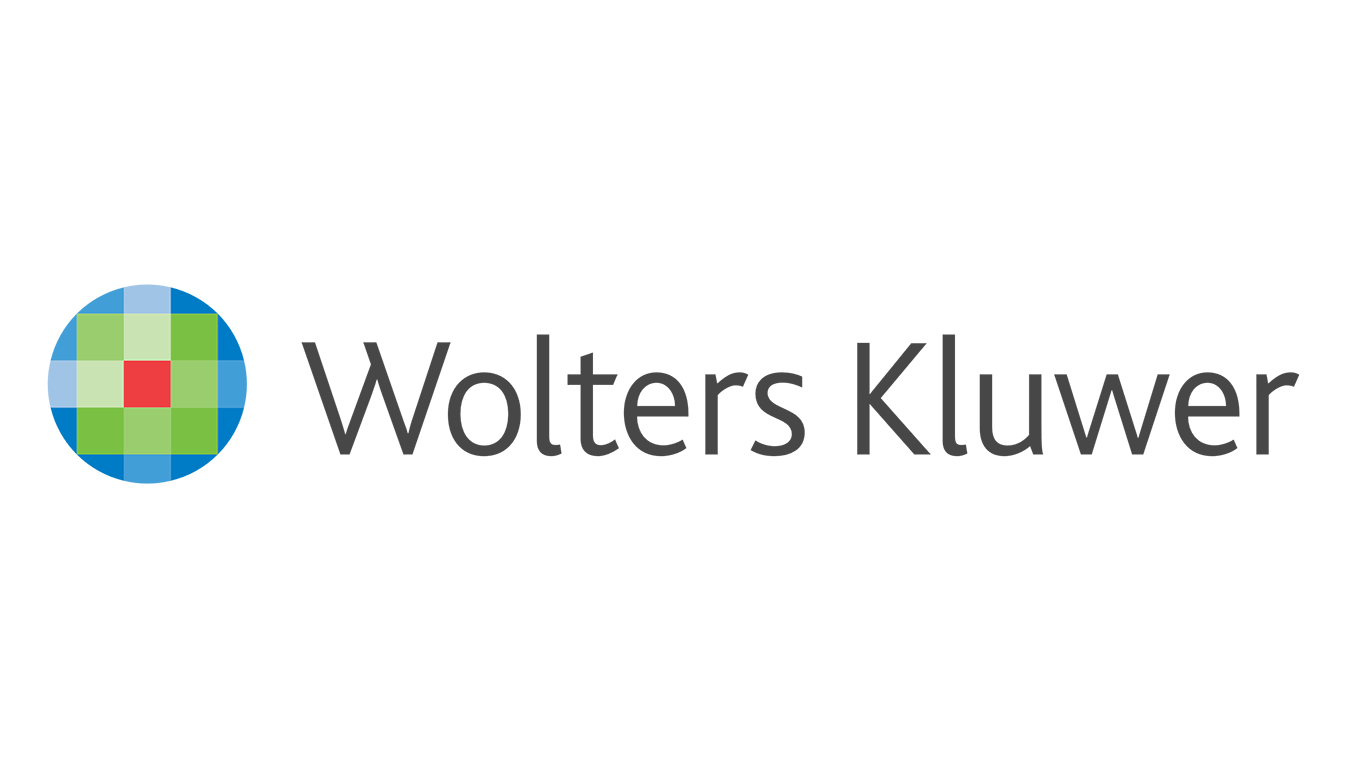
Wolters Kluwer Tax & Accounting (TAA) U.K. has released an anti-money laundering module (AML) within CCH iFirm®, its cloud-based practice management and compliance software platform. Wolters Kluwer CCH iFirm AML seamlessly integrates with CCH Central, Wolters Kluwer TAA’s on-premise system, reducing the need to rekey data into a separate system and helping to speed up the AML compliance process and client onboarding.
“We realize that compliance with AML and know-your-customer [KYC] requirements is vital for accounting firms, especially in light of continually shifting regulations. CCH iFirm AML helps to transform the way companies manage their AML duties, helping them mitigate the risks associated with poor AML and KYC practices,” said Natasha Chryssafi, Director of Product Management, Wolters Kluwer TAA U.K.
As a cloud-based solution CCH iFirm AML provides accounting practices with the flexibility to manage AML compliance from anywhere at any time. In addition, it will offer biometric KYC – using facial recognition to identify and authenticate individuals. This will remove the need to scan and email documents and check photos, helping to ensure secure and efficient identity verification, alongside a standard AML check.
Given the importance of having the highest quality data for checking purposes, CCH iFirm AML has access to leading credit bureaus and governmental data sets. The accuracy, completeness, timeliness, consistency and relevance of data is fundamental to detecting, preventing, and reporting potential money laundering activities effectively.
Related News
- 09:00 am
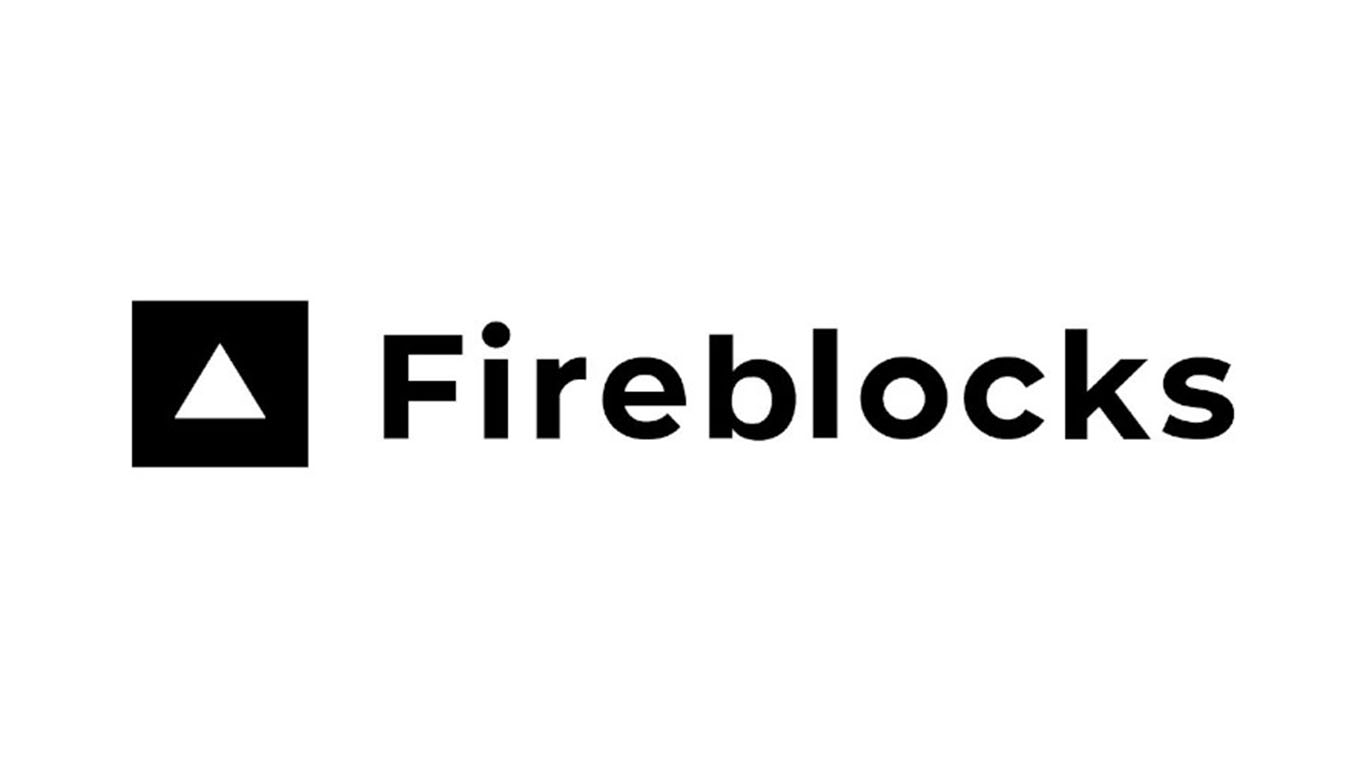
Fireblocks, an enterprise platform for building blockchain applications and managing digital asset operations, announced today the strategic appointment of Michal Ferguson as the company’s new Chief Marketing Officer. Ferguson’s appointment further solidifies Fireblocks’ dedication to advancing the widespread adoption of non-custodial and counterparty-free-risk markets for both individual users and institutions. This appointment comes on the heels of key additions to the team, including Michael Levine from Payoneer as Chief Financial Officer and Madan Gadde, formerly of FIS, as Chief Customer Officer.
“The explosion of new innovations over the last six months has led to a ‘crypto renaissance’ that is spreading like wildfire across financial and non-financial sectors,” said Michael Shaulov, CEO of Fireblocks. “In welcoming Michal, the collective prowess of our leadership team drives us towards our goal of serving thousands of new businesses and equipping everyone with the tools they need to securely deliver new onchain apps, products and services at scale.”
High-profile exchange failures have fueled a surge in interest for solutions that mitigate counterparty risk. This trend is reflected in the growing popularity of self-custody wallets and counterparty-free, or decentralized, exchanges and lending markets. A 2023 report by Chainalysis revealed a significant rise in users adopting self-custody solutions, highlighting a preference for managing their own digital assets instead of relying on third-party custodians. In parallel, the growth of the Total Value Locked in Decentralized Finance (DeFi) further shows the increasing interest in alternative financial mechanisms that eliminate the need for intermediaries, thereby reducing counterparty risk.
“It is such a pivotal time to join the Fireblocks team, particularly as we stand at the cusp of another great market expansion,” said Michal Ferguson, Fireblocks Chief Marketing Officer. “The platform’s versatility and our commitment to addressing the evolving needs of digital assets’ growing customer base has enabled us to make massive strides across payments, tokenization, and onchain development. With the anticipation of doubling the number of active customers this year, our goal is to ensure that we safeguard every new dollar that gets onboarded into the crypto and digital asset ecosystem.”
Prior to joining Fireblocks, Ferguson built and scaled the go-to-market functions at Snyk, a cybersecurity platform that integrates directly into development tools, workflows, and automation pipelines valued at $7.4 billion. The upgrade in executive leadership follows a stellar year of growth with the Fireblocks platform recording $53 billion in monthly outbound volume and a 160% increase in monthly active wallets. As CMO, Ferguson will spearhead Fireblocks’ charge to make counterparty-risk-free infrastructure ubiquitous across retail and institutional products and services.
To date, developers, startups and institutions have used Fireblocks’ non-custodial, MPC technology to build CeFi and DeFi exchanges, global liquidity networks, compliant staking solutions, web3 games, asset tokenization, cross-border payments, NFT marketplaces, smart contracts and more.
Related News
- 01:00 am
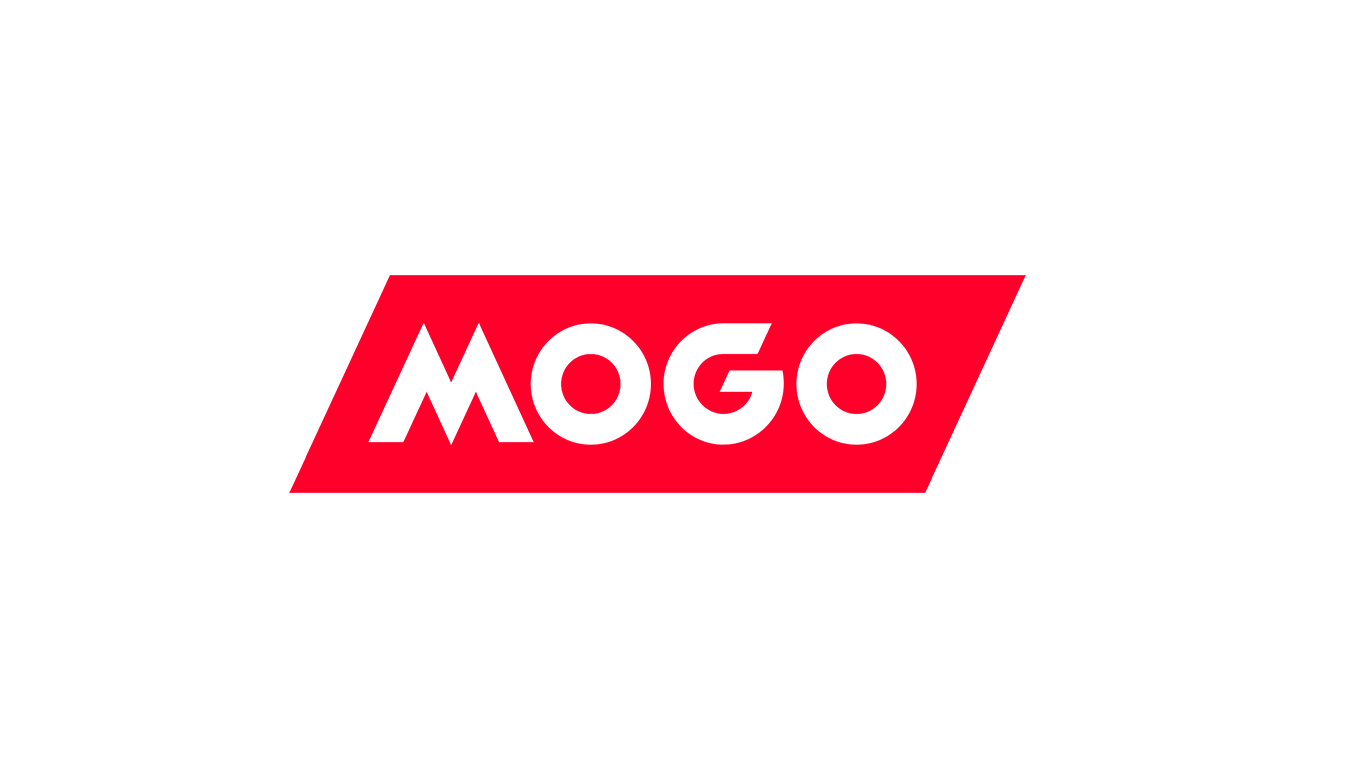
Mogo Inc., a digital wealth and payments business, today announced that its Board of Directors has approved a change to its treasury management strategy to include Bitcoin and Bitcoin ETFs and authorized an initial investment of up to $5.0 million.
“Mogo was an early entrant to crypto investing in North America having first invested in Bitcoin in 2020, and we continue to believe in the long-term investment opportunity for Bitcoin,” said Greg Feller, President of Mogo Inc. “The recent regulatory approval of spot Bitcoin ETFs, along with the commitment of several of the world’s largest asset managers such as Fidelity and BlackRock, support our view that Bitcoin is a legitimate global asset class with attractive qualities that make it a unique store of value. Today’s announcement, along with Mogo’s ~13% ownership in WonderFi, provide our shareholders with meaningful exposure to this asset class.”
For the third quarter ended September 30, 2023, Mogo reported cash and total investments of $43.7 million. This included combined cash and restricted cash of $19.3 million and investment portfolio of $24.5 million. Mogo’s assets also include 87 million common shares (approximately 13% of the shares outstanding) of WonderFi Technologies Inc. (TSX: WNDR), one of the largest regulated crypto investing ecosystems in Canada.
Related News
- 08:00 am
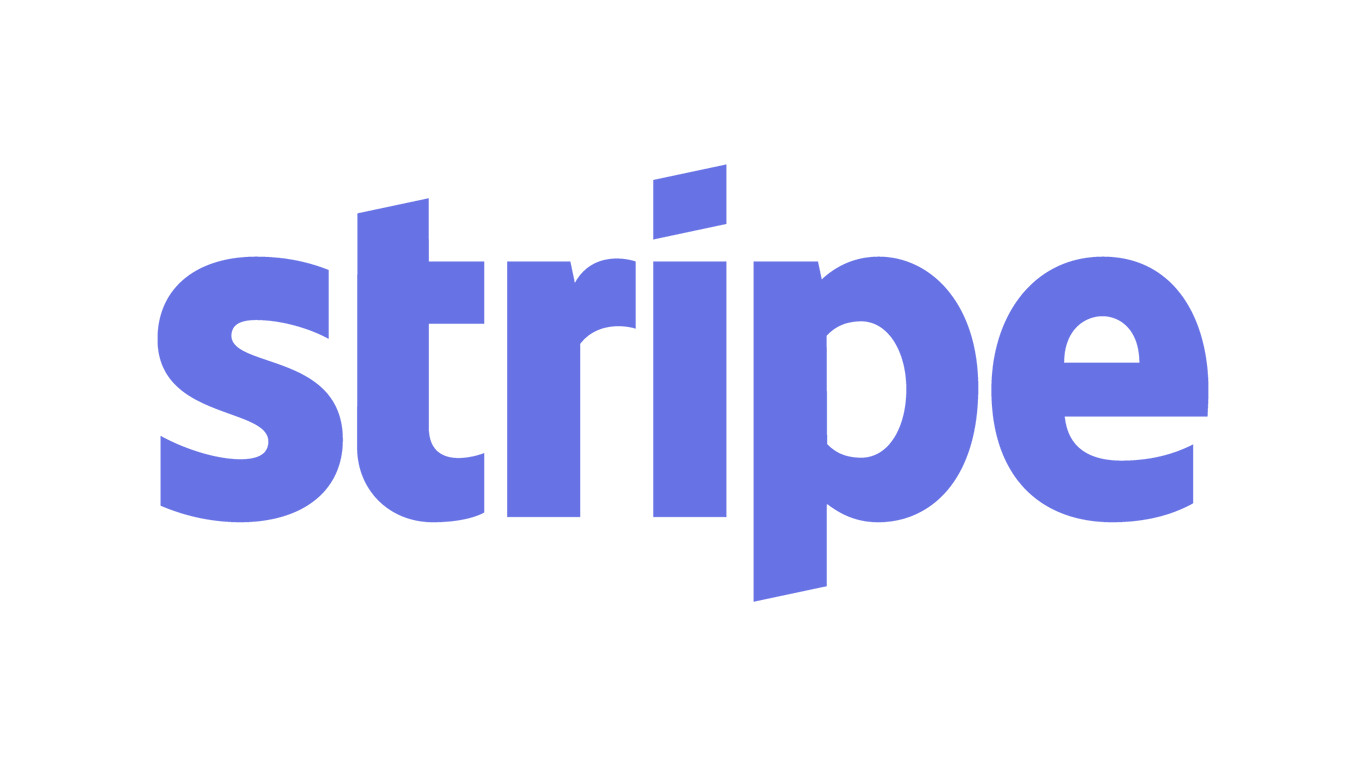
Stripe, a financial infrastructure platform for businesses, today announced a partnership with The Hertz Corporation to power payments for its Hertz, Dollar, and Thrifty car rental brands. Hertz will unify the majority of its in-person and online payment volume onto Stripe as part of its digital rental strategy.
“We’re thrilled to partner with Stripe to provide our customers with new digital payment options that will enable a faster and more seamless rental experience,” said Tim Langley-Hawthorne, chief information officer at Hertz. “Getting our customers on the road quickly with exceptional service is our top priority and this partnership with Stripe is an example of how we’re leveraging advanced technology to make that possible.”
To facilitate their ongoing partnership, Stripe and Hertz built a shared product roadmap to address specific payment needs including extended authorizations for weekly or monthly rentals. Hertz will consolidate payments onto Stripe across corporate-owned locations in the US, Canada, Europe, Australia, and New Zealand.
Powering Hertz payments at every turn
For over a century, Hertz has moved people and things. Now within a changing mobility landscape, Hertz is building a more diversified car rental fleet, and serving a wider set of customer segments including leisure, business travelers, and rideshare drivers. Today, it manages billions in revenue from customers booking online, on their mobile devices, and at in-person venues such as airports or neighborhood locations.
Under the partnership, Stripe will support Hertz payments in several areas:
- In-person bookings. Stripe Terminal will be Hertz’s primary in-person checkout platform with BBPOS WisePOS E countertop and handheld readers accepting payments at approximately 3,000 locations. Terminal integrates easily with Hertz’s central reservation system.
- Online reservations. Stripe will process payments for all reservations made directly on Hertz, Dollar, and Thrifty websites and apps. Hertz will benefit from API reliability exceeding 99.999% availability and authorization rates that remain high during peak demand. Card Account Updater and Adaptive Acceptance are payment optimization tools that will help boost authorization rates and reduce false declines for Hertz.
- Easy, secure, and private payments with Apple Pay. With Stripe, Hertz is rolling out Apple Pay for US rental purchases so customers will be able to use Apple Pay with the Hertz app and when booking a reservation on the Hertz website.
“Customers expect fast, simple, and reliable car rentals,” said Eileen O’Mara, chief revenue officer at Stripe. “We’re thrilled that Stripe can help Hertz get its customers on the road more easily.”
Related News
- 07:00 am
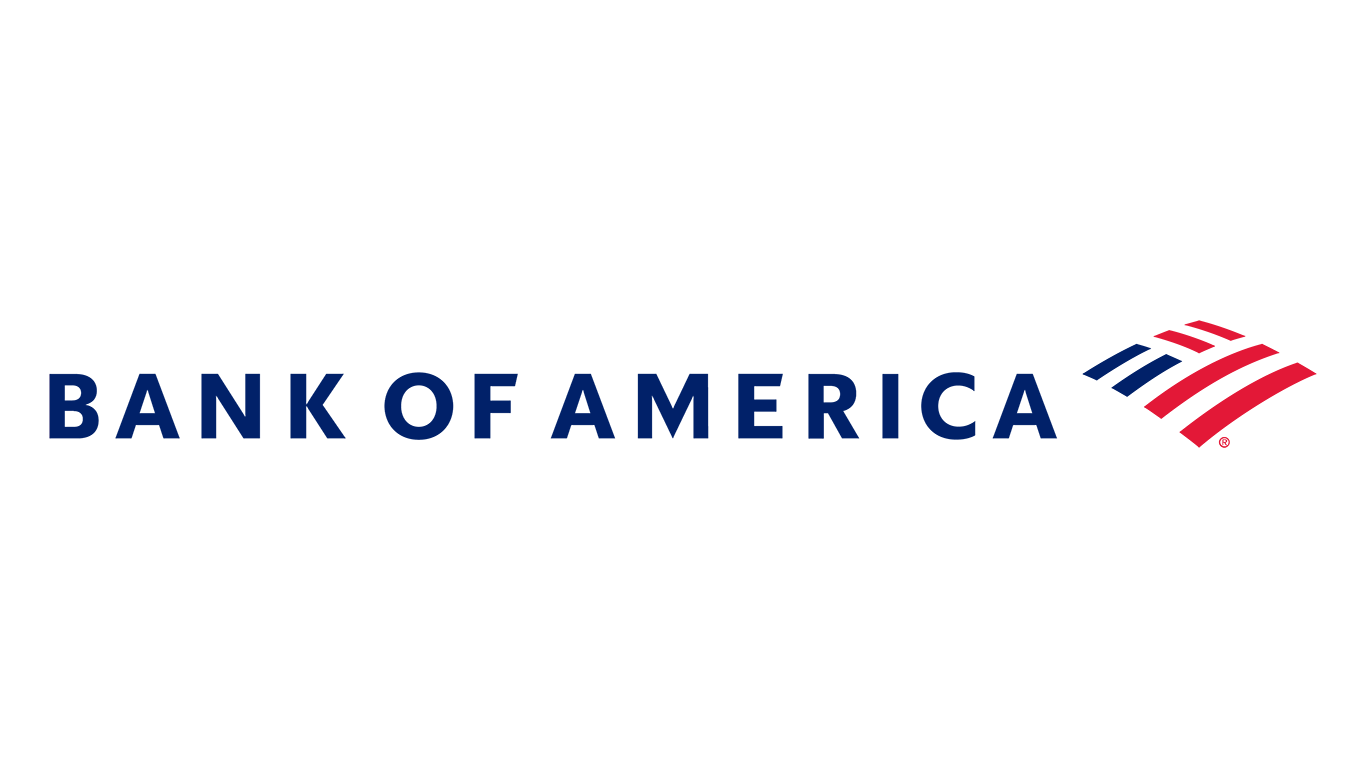
Bank of America today announced a record year for its patent portfolio, which has grown to nearly 6,600 granted patents and pending patent applications – a year-over-year increase of 13%, and an increase of nearly 70% since 2019. A record 644 patents were granted to the company last year, an increase of 54% compared to the total number of patents granted in 2019. As a result, the company rose from 75th to now 64th on the Intellectual Property Owners Association’s Top 300 list of patent owners.
“Technology helps us deliver world-class capabilities to clients, enabling them to manage their finances efficiently and securely and to interact with us when, where and how they want,” shared Aditya Bhasin, Chief Technology and Information Officer for Bank of America. “We innovate to meet and anticipate our clients’ needs. As our pace of innovation accelerates, we’re continually listening to clients and building solutions to improve and simplify their experiences.”
Technology categories in which new patents were granted to Bank of America last year include information security, artificial intelligence (AI), machine learning, online and mobile banking, payments, data analytics and a new category: augmented and virtual reality.
This record year of patents granted was made possible by Bank of America inventors around the world, who mirror the diversity of the bank’s clients. Bank of America has more than 7,300 inventors across 42 U.S. states and 14 countries, with 26% of them being women. Worldwide, fewer than 17% of inventors are women.
Bank of America spends $12 billion annually on technology, of which $3.8 billion will be allocated to new technology initiatives in 2024. Over the last decade, the company has spent $32 billion on new technology initiatives. These ongoing investments – combined with our high-tech, high-touch approach – continue to enhance the client experience across all channels, and to drive operational efficiencies across our company.
One of the greatest measures of success is the degree to which clients engage with our digital solutions. Today, 57 million clients leverage our digital capabilities to help manage their financial lives. Last year, our clients digitally connected with their finances a record 23.4 billion times, an 11% increase year-over-year.
Bank of America patents have been cited by other companies in the financial services and technology industries more than 53,000 times, further demonstrating the company’s influence on technology and innovation.
“Having the ability to ideate and collaborate with other bank teammates on functionality that could enhance our clients’ interactions and experiences is inspiring. It was a proud moment for me when my first patent was granted.” shared Melissa. “In addition to the great work my team achieves daily, I want them to be empowered to innovate and be personally connected to how our company supports Responsible Growth. To do so, I encourage each of my team members to identify at least one idea for patent consideration annually.”
Related News
- 06:00 am
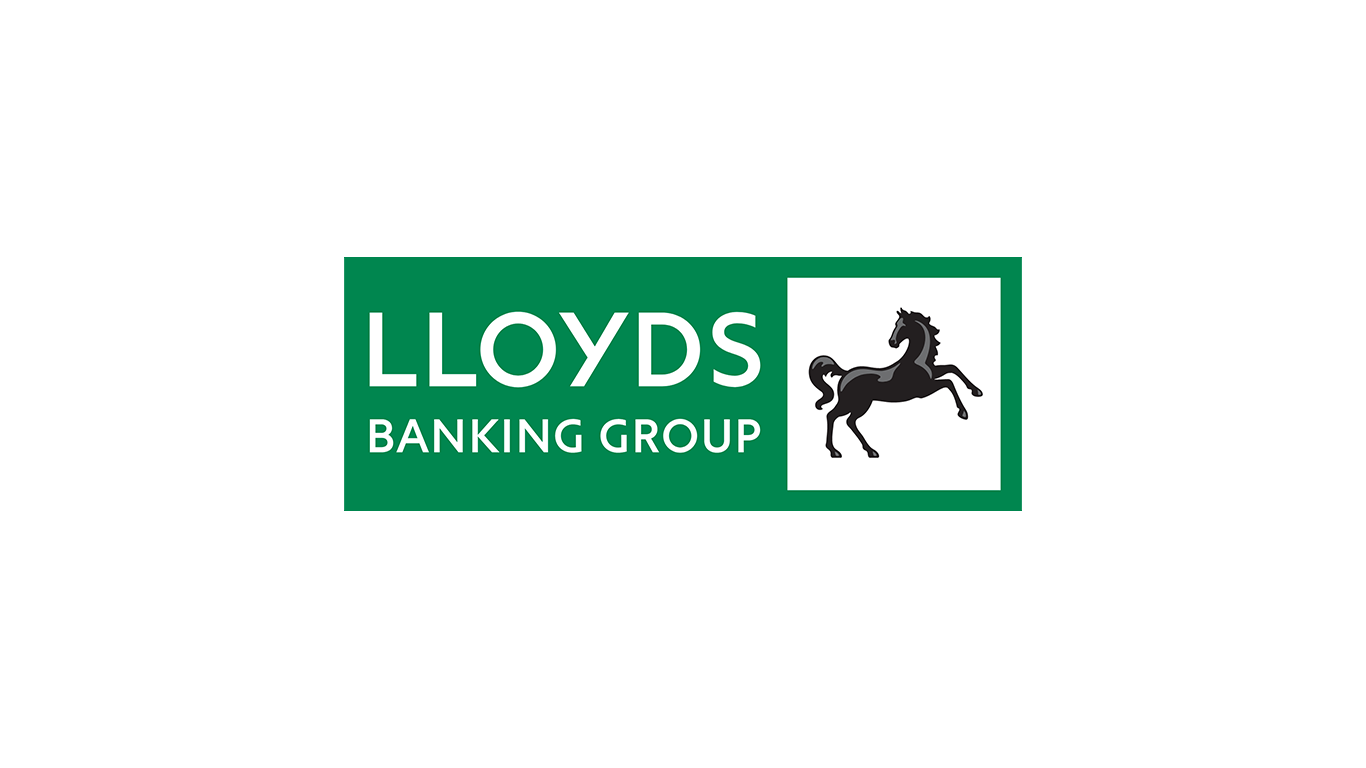
Through the 10-year Power Purchase Agreement, the Group will purchase 50 GWh of clean electricity annually, the equivalent of powering more than 14,000 homes. The energy will be generated from two of Low Carbon’s UK projects – Meadow Solar Farm in Hampshire and Pepperhill Solar Farm in Staffordshire.
The use of the new solar farms represents a significant step forward in the Group’s renewable energy approach. As part of the Climate Group’s RE100 initiative, the Group already purchases 100% renewable electricity. This PPA with Low Carbon allows for a better understanding of where the Group’s renewable energy comes from, helping to meet industry best practice.
Lloyds Banking Group’s investment means both solar farms will now develop vital enhancements to support nature, biodiversity and local wildlife, in line with the recent 10% Biodiversity Net Gain requirements which came into force in England in February 2024. This includes species-rich wildflower grassland and hedgerows to support pollinators, new UK native woodland planting, and vital foraging and sheltering features for local wildlife.
Last year, Lloyds Banking Group increased its goal to reduce direct carbon emissions from its operations from 75% to at least 90% by 2030. To complement its renewable electricity procurement, the Group has also pledged to reduce its total energy consumption by 50% by 2030 and is already over halfway towards its target.
Dave Blott, Future Ways of Working Director at Lloyds Banking Group said: “Working with Low Carbon on this great initiative will enable us to take a hugely important step towards meeting our net zero goals. The first electricity from these solar farms will be delivered in 2025, helping us to accelerate our transition to using cleaner, renewable energy. We’re committed to reducing the carbon emissions we generate through our own operations to help Britain prosper, and this PPA helps us realise this ambition.”
Marco Verspuij, Head of Power Management at Low Carbon said: “Lloyds Banking Group have been a key partner supporting Low Carbon on our journey to develop new renewable energy capacity at scale. Transitioning away from fossil fuels to renewable energy by developing different finance options is critical if we are to make progress on tackling climate change. Our partnership with Lloyds can help to address this challenge and offers a blueprint for what can be achieved when commercial banks and renewable energy developers work together.”
EDF Business Solutions will provide route-to-market services for Low Carbon enabling energy from the solar farms to help power Lloyds Banking Group’s UK property estate and avoid over 21,000 tonnes of CO2 emissions each year.
The Agreement will further strengthen the existing relationship with Low Carbon as it aims to deploy large-scale renewable infrastructure globally. As an original partner of Low Carbon’s multi-bank £540 million finance facility, Lloyds Bank is supporting the construction of a 1 GW portfolio of solar projects in the UK and the Netherlands.
Related News
- 04:00 am
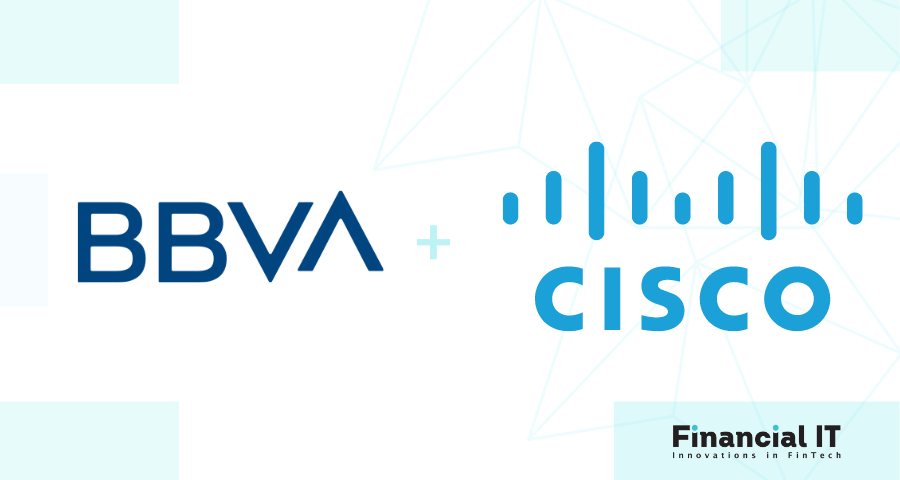
The five-year agreement includes solutions in cybersecurity, collaboration, data center, networking, and services. The agreement with BBVA spans operations across multiple countries. It includes proactive services provided by a specialized Cisco team and promotes collaborative innovation. Additionally, the deal simplifies management by consolidating 3,000 individual contracts into a single unified agreement. This streamlines BBVA’s global IT operations, significantly improving efficiency.
“BBVA’s alliance with Cisco is more than a supplier-customer relationship. After eight years of Strategic Partnership working together, BBVA premises and employees worldwide will have access to not only current but future Cisco technological developments,” says José Luis Elechiguerra, Global Head of Engineering at BBVA. “Additionally, the agreement allows BBVA to achieve significant efficiency and productivity gains,” adds Jordi García, Global Head of Strategy & Performance of Engineering at BBVA.
According to Oliver Tuszik, President of Cisco’s Europe, Middle East and Africa region (EMEA), “We are proud to support the continued growth of one of the world’s leading financial institutions. For over a decade, BBVA has pioneered the digitization of banking in Spain and globally by putting customer experience at the center. During the next stage of our strategic partnership, together we will leverage the power of Cisco’s whole portfolio, including the latest AI-driven innovations, to accelerate their transformation.”
BBVA is a customer-centric, global financial services group founded in 1857. Winner of Global Finance’s 2023 Best Digital Bank Awards for Spanish businesses, its services include retail banking, private banking, asset management, wholesale banking and other related financial solutions.
Since 2016, BBVA and Cisco’s dedicated team have collaborated to create the bank of the future, leveraging technologies like collaboration, networking, data center and security. This strategic digital partnership, along with alliances with other leading tech companies, has accelerated BBVA’s transformation. As an early adopter of digitalization, BBVA is now at the forefront of financial services innovation.
Related News
- 03:00 am
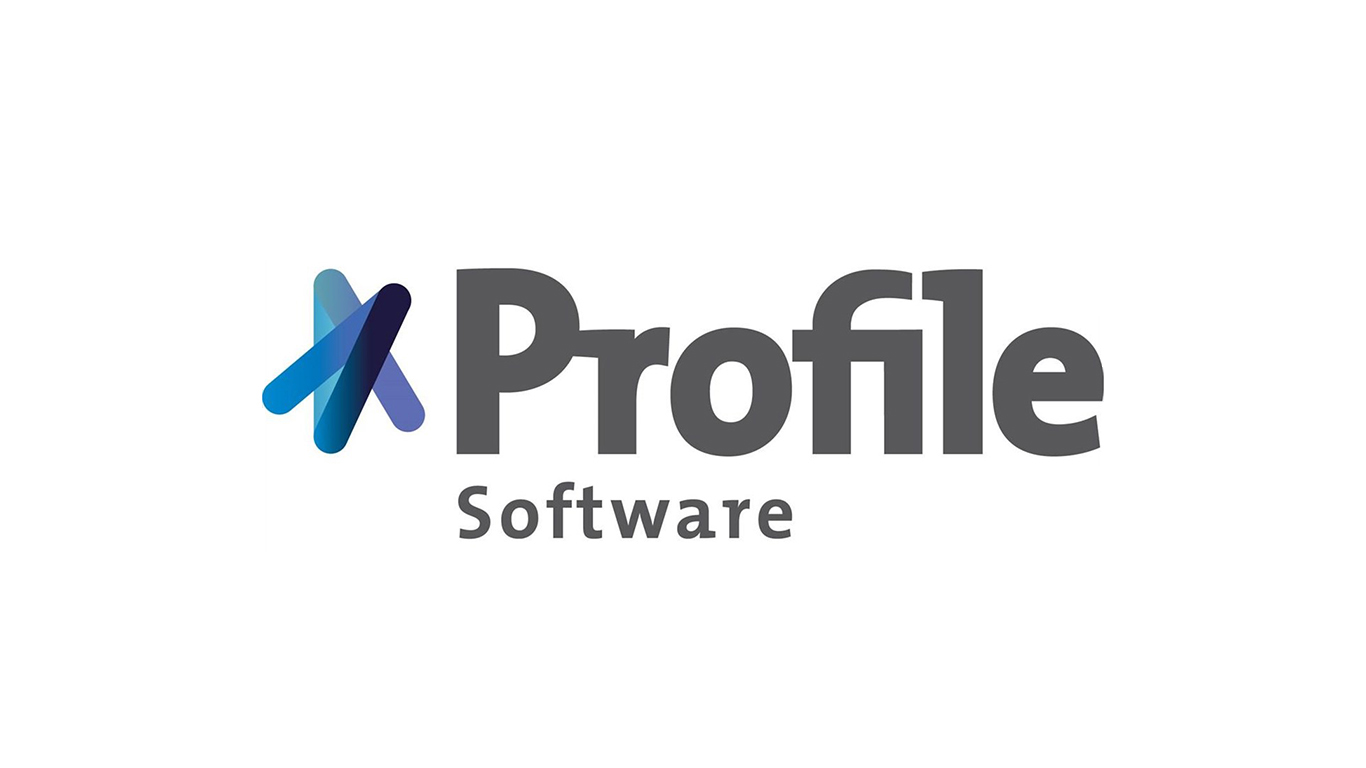
Profile, a leading international financial solutions provider, announces the launch of its pioneering AI.Adaptive solution and incorporates the cutting-edge technology introduced by Artificial Intelligence, revolutionising the digital landscape. The solution, enhanced by the capabilities of OpenAI, adopts an LLM-agnostic strategy, enabling the direct and flexible interaction with Profile’s Axia Suite, Finuevo Suite, Acumen.plus, Centevo Suite, RiskAvert and RegiStar platforms.
AI.Adaptive has been designed to enable users to pose ad hoc queries to application databases, in natural language, both written and spoken. This is accomplished through the development of advanced natural language processing (NLP) and machine learning (ML) algorithms, leveraging the adaptability of the LLM-agnostic platform to enhance its capabilities.
The solution provides users with the capability to rapidly obtain personalised, reliable information without using predefined reports, to make fast decisions, maximising efficiency across the operations of their organisation.
AI.Adaptive integrates seamlessly into Profile’s Fintech platforms, but can operate autonomously, with various Business Intelligence and Data Warehousing (BI/DW) subsystems of another origin. With an innovative approach, the solution is independent of the specific LLM language model used, offering an LLM-agnostic platform that guarantees flexibility and compatibility with various AI engines.
Mr. Evangelos Angelides, Chief Executive Officer at Profile says that “We have been committed to continuously enhance the user experience by leveraging cutting-edge technologies. In this context, we are making significant investments, enriching our portfolio with AI.Adaptive, which marks a significant advancement in user-centric design, accessibility, as well as flexible and personalised information, aiming in immediate decision-making and overall productivity enhancements.”
He also stated that “Today, AI.Adaptive is fully functional with the Axia Suite platform and we are moving forward quickly with the rest of the company’s platforms, whilst more functionalities of this technology will soon be announced in areas such as data analysis, consulting, etc.”
Profile remains committed to its vision of providing innovative solutions based on cutting-edge technology that enable financial institutions to navigate complex financial ecosystems with confidence and agility.
Related News
- 03:00 am

TrustCommerce, a Sphere company and a leading provider of end-to-end integrated healthcare payments and security software, announced today that it is adding PayPal and Venmo, in the U.S., to its healthcare-focused payments platform, enabling providers to offer patients additional flexibility and modern healthcare payment options.
Through this collaboration with PayPal, patients will have the ability to use PayPal and Venmo to make payments to healthcare providers online, seamlessly within the existing payment experience they are already familiar with.
“In conversations with healthcare providers, we have heard loud and clear that they would like to maximize payment flexibility for their patients by offering new, user-friendly payment options,” said John Welch, Chief Product Officer, TrustCommerce. “We are excited to integrate with PayPal and Venmo to give our clients the ability to further simplify the checkout experience for patients and allow them to use a convenient and familiar payment method while maximizing on collections.”
The collaboration reflects TrustCommerce and PayPal’s shared vision to deliver seamless modern payment experiences that reduce patient friction and help providers increase collections. Together, TrustCommerce and PayPal are providing a solution that gives providers the foundation for ongoing success.
Related News
- 07:00 am
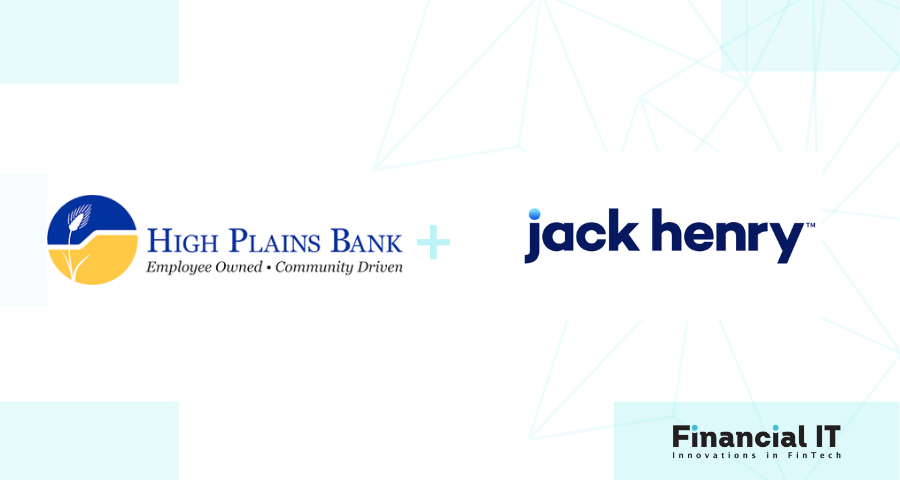
Jack Henry™ announced today that High Plains Bank is leveraging the company’s open technology to create a user experience that caters to Spanish-speaking customers.
Headquartered in Colorado, where the Latino population has grown 72% since 2000, the bank recognized the importance of helping this traditionally underserved market better manage its finances. “We believe everyone deserves the financial services and support to make healthier financial decisions,” explained Brian Otteman, chief experience officer of High Plains Bank. “By taking this approach, we can create a more inclusive financial experience that serves our entire community.”
The bank worked with Jack Henry to enrich its website and digital banking platform with Spanish-language options, making services more accessible for customers in Spanish. These inclusive technology features are complemented by personal bilingual support through the secure, authenticated chat service available on their banking app, HPBGO. This translation capability has significantly increased the usage of the banking app, ultimately contributing to higher levels of customer acquisition and engagement.
“Jack Henry continues to provide the technology we need to customize and build solutions for this growing yet largely underserved population,” Otteman said. “And the results speak loudly. It’s common to find that about 1/3 of our customers at any given branch self-identify as Latinx and/or Spanish speaking – sometimes more. We knew it was time to double down on our efforts to support these communities, which is why we’ve worked closely with providers like Jack Henry to help.”
Jack Henry’s open banking platform also enables the bank’s customers to view all their financial relationships in one place in a secure, well-connected manner – and without screen scraping. Transactions and expenses are enriched and categorized, providing easy visibility into spending habits and patterns. By gaining a better understanding of money flow, customers will further improve their financial health.
To solidify its commitment to creating a safe and comfortable banking environment, High Plains Bank added comprehensive technology to proactively prevent and detect fraud and financial crimes.
“We’re proud to work alongside High Plains Bank. It’s rewarding to see a bank intentional and committed to filling the gaps and making a real impact in underserved markets,” said Stacey Zengel, senior vice president of Jack Henry and president of Bank Solutions. “These efforts differentiate community financial institutions and reinforce their commitment to financial health.”









